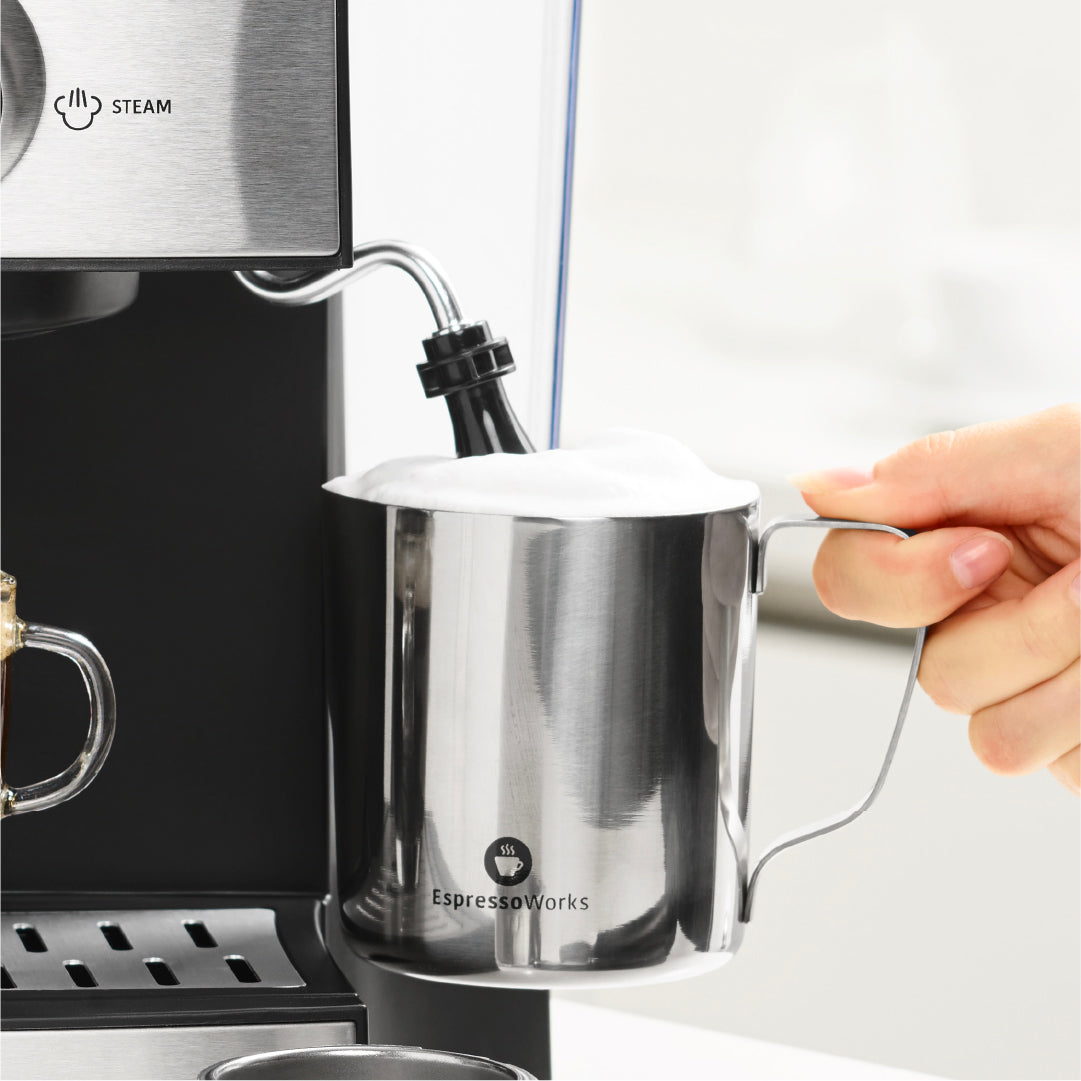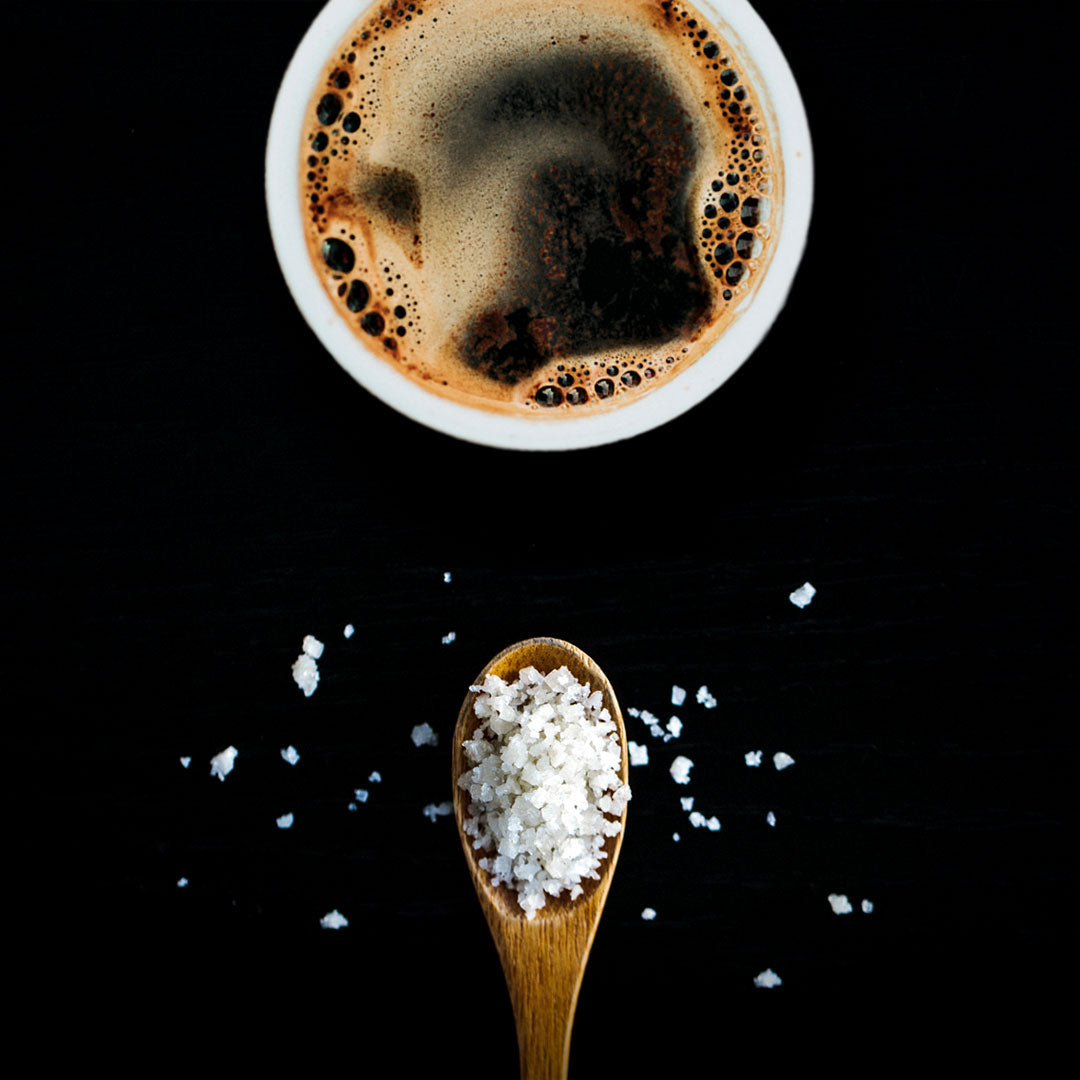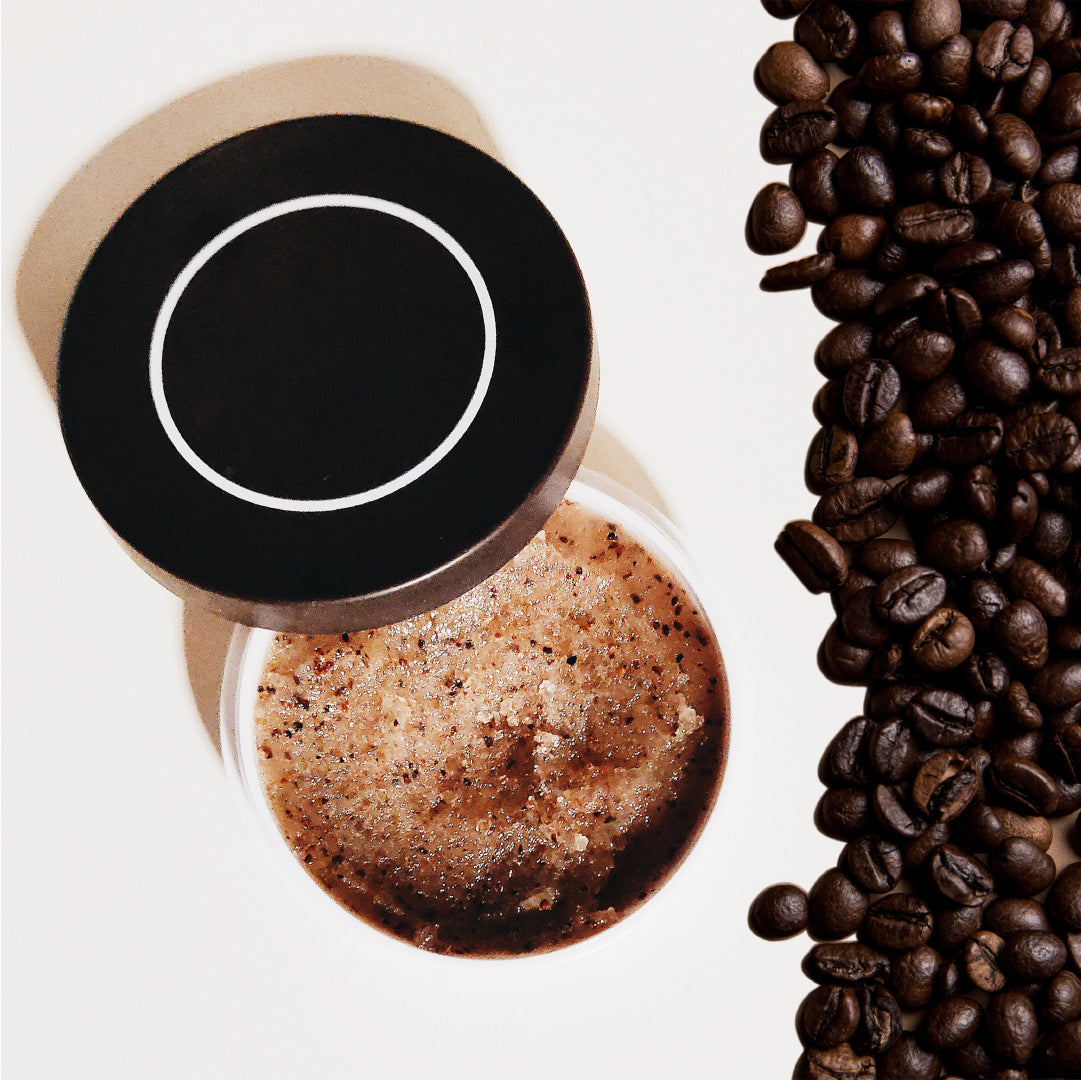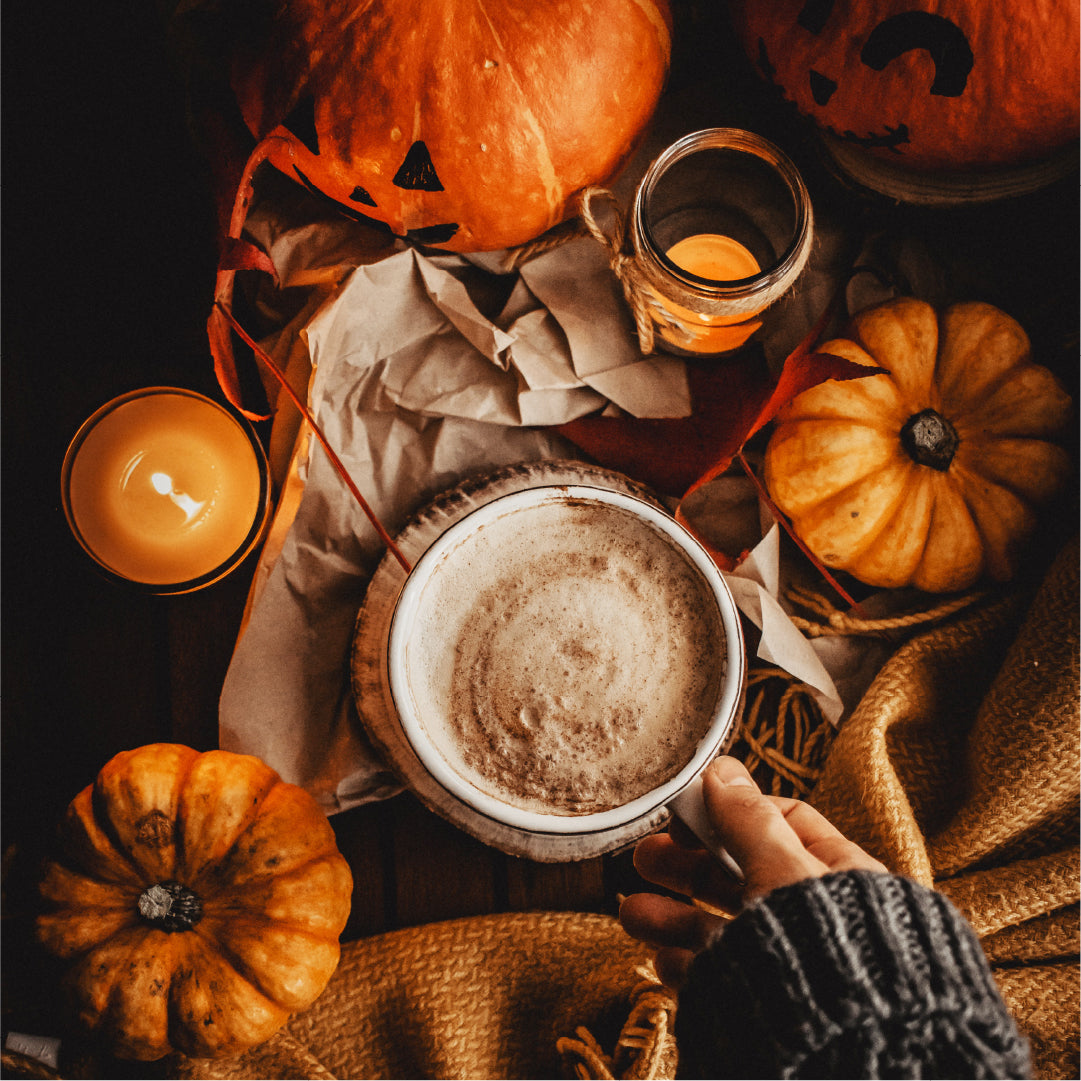
Decaf coffee might not be at the top of coffee aficionados’ lists, however, it’s definitely an option worth considering — particularly if caffeine makes you jittery. If you’ve always been curious about decaf and how it measures up to regular coffee, then you’re in luck; here we’ve gathered everything you need to know about decaf coffee.
Many people gravitate to coffee, particularly because of the caffeine that it contains. In the morning, caffeine will give you that boost in energy that’s perfect for getting your day started. People will sometimes even refill their cups to get over an afternoon slump in energy.
Nevertheless, drinking too much coffee can have its negative benefits. In addition to making you feel jittery, caffeine may increase depression and anxiety levels. It is suggested that people shouldn’t drink any more than three cups of coffee per day — which roughly equates to around 300 milligrams of caffeine per day. To compare, you’d have to drink five to 10 cups of decaf coffee to consume the same amount of caffeine as is contained in two cups of regular coffee.
While obviously, caffeine isn’t among the draws of decaf coffee, there are certainly a lot of benefits that are part of everything you need to know about decaf coffee. Let’s dive in, shall we?
What is decaf coffee?
“Decaf” is short for decaffeinated coffee. This means that unlike regular coffee beans, decaffeinated coffee beans have had their caffeine removed. The process of removing the caffeine starts before the coffee grounds hit your machine or press. Besides their lack of caffeine, decaf coffee beans are very similar to regular coffee. The difference, however, might be noticed in the taste and color of decaf coffee — it is often milder compared to regular coffee. If you’ve got sensitive taste buds or don’t like the bitter taste and smell of coffee, then a milder flavor might be what you need.
How is the caffeine removed from coffee?
There are several ways that caffeine is removed from coffee beans. They are always decaffeinated when the beans are green and unroasted, and the process always involves water along with another agent such as carbon dioxide or activated charcoal. Chemical solvents such as methylene chloride or ethyl acetate also are used to remove caffeine from coffee beans. The added agents prevent the water from washing away other chemicals in coffee beans that contribute to their flavorful notes and aroma.
It should also be noted that your decaf coffee isn’t 100% free of caffeine — according to the USDA, decaf only needs to 97% caffeine-free in order to be sold as a “decaf” coffee.
What are the health benefits of decaf coffee?
Just like regular coffee, decaf is packed with antioxidants, which may help prevent heart disease, cancer, and type 2 diabetes. In just one cup of brewed decaf coffee, there is a small percentage of the recommended daily intake of magnesium, niacin, and vitamin B3. If you drink multiple cups of coffee per day, then you’re increasing the amount of these beneficial vitamins.
Decaf coffee has also been shown to protect the liver by reducing liver enzyme levels and is also credited with reducing the risk of premature death due to stroke or heart disease.
Coffee also has been shown to protect against age-related mental decline and to reduce the risk of dementia and neurodegenerative diseases.
Does decaf coffee taste good?
Decaf coffee has gotten the bad reputation of not tasting as good as regular coffee — which is not necessarily always the case! Certainly any cup of coffee tastes different based on the freshness of the grounds, and other variables. While decaf coffee is almost always has a more mild taste than regular coffee, that doesn’t necessarily mean that it’s not a good flavor. Oftentimes, high caffeine creates a more bitter taste, so opting for decaf might mean a better-tasting cup.
Is decaf caffeine for me?
In short, if you love the taste of coffee but want to avoid the effects of caffeine, then decaf is certainly for you. If you’re experiencing restlessness, anxiety, or trouble sleeping, then you should give decaf coffee a try as these could be the unpleasant side effects of your caffeine intake.
Some people also report having heartburn, stomach ulcers, and headaches due to caffeine — which can be avoided by drinking decaf.
Other elements may impact your ability to consume caffeine. Certain medications don’t mix well with caffeine and therefore switching to decaf might be necessary. Similarly, women that are pregnant or breastfeeding also are advised to not consume caffeine.
For whichever reason you’re considering switching over to decaf, we hope that this roundup of everything you need to know about decaf coffee helps you in your journey to finding the most satisfying cup of Joe. We encourage you to explore different brands of decaf caffeine because they do vary in taste — happy drinking!









Share:
Top 3 benefits of using semi-automatic espresso machines instead of coffee pod machines
5 Great Coffee Dessert Recipes to Try Right Now